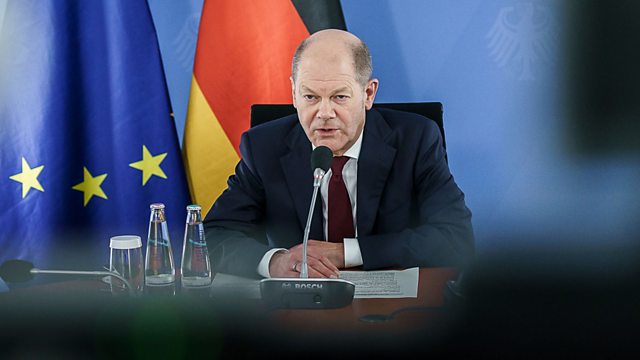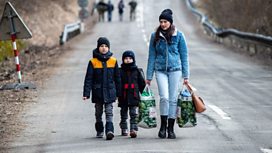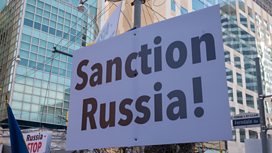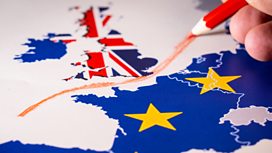How has the war in Ukraine changed German politics?
In February, German chancellor Olaf Scholz announced the biggest shift in German foreign policy since the Cold War sparked by Russia’s invasion of Ukraine. Will he see it through?
In late February, German chancellor Olaf Scholz described Russia's invasion of Ukraine as a ‘Zeitenwende’ - turning point - sparking the biggest shift in German foreign policy since the Cold War.
The highlights included a 100bn euro package to boost the military and meet Nato’s 2 per cent of GDP defence spending obligation, send weapons to Ukraine and end his country’s dependency on Russian energy.
A surprisingly bold plan from a man many had thought was - like many of his predecessors - naturally cautious. He drew applause at home and abroad, but two months on there is sense that Scholz is wavering.
Can he, and will he, see his plan through?
Joining David Aaronovitch in the briefing room are:
Sir Paul Lever, former British Ambassador to Germany and author of Berlin Rules: Europe and the German Way
Professor Markus Ziener, Helmut Schmidt Fellow at the German Marshall Fund of the United States
Daniela Schwarzer, Director of the German Council on Foreign Relations
Sophia Besch, senior research fellow at the Centre for European Reform
Producers: Octavia Woodward, Kirsteen Knight and Ben Carter
Production Co-ordinators: Siobhan Reed and Sophie Hill
Studio Manager: James Beard
Editor: Richard Vadon
Last on
![]()
Russia's invasion: what more can the west do to help Ukraine?
One month on since Russia invaded Ukraine what further help can the West provide?
![]()
Russia's invasion: will sanctions work?
Russia is facing international sanctions. What impact will they have?
![]()
Brexit: What Have We Learned?
Weighing up the costs and gains for the UK and Europe a year after Brexit.
Broadcast
- Thu 5 May 2022 20:0091�ȱ� Radio 4
Podcast
-
![]()
The Briefing Room
Step inside The Briefing Room for indepth explainers on the biggest news stories.





